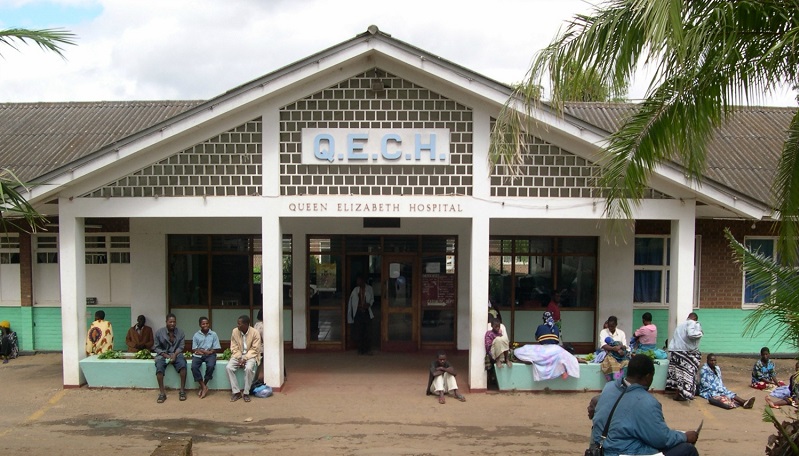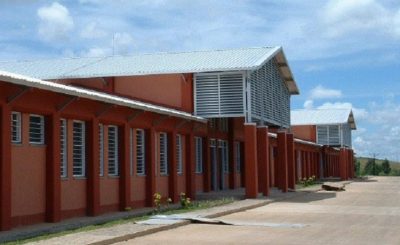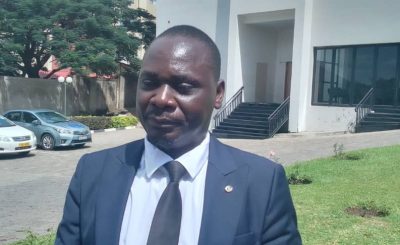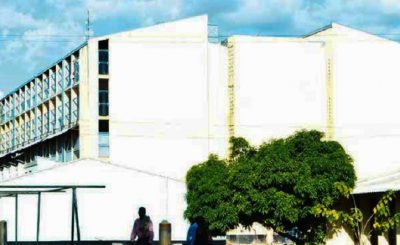Government has hinted at plans of decentralising management of leprosy if Malawi is to eliminate the disease by the year 2030.
Coordinator for the National Tuberculosis and Leprosy Control Programme in the Ministry of Health Dr. James Mpunga, said there is a need to increase access to leprosy services, especially to patients in rural settings.
He said: “We need to decentralise management of leprosy in the country because our health centers are fat apart, and traditionally, we have been providing leprosy services at district hospitals.
“So patients have been traveling long distances to get to the district hospitals, so we think we think we don’t have to continue doing that. We need to make sure that services are available in all facilities.”
Dr. Mpunga has, however, lamented that the drive is facing serious financial constraints, which are derailing decentralisation efforts.
He added that health workers need to reach out to people and screen the disease in order to deal with transmission.
“The biggest challenge is that of funding. We need almost US$340, 000 every year to fight leprosy. Unfortunately, we are getting US$250, 000, which is inadequate.
“Traditionally, we have waited for patients to come passively to hospitals, and that approach is it’s not helping, so we are going out there to look for the cases,” said Dr. Mpunga.
Malawi envisions ending tuberculosis (TB), leprosy, and malaria by 2030. Currently, the country has reported 145 this year.
According to the World Health Organisation (WHO), leprosy is a chronic infectious disease caused by a type of bacteria, Mycobacterium leprae.
It adds that the disease predominantly affects the skin and peripheral nerves. Left untreated, the disease may cause progressive and permanent disabilities.
The bacteria are transmitted via droplets from the nose and mouth during close and frequent contact with untreated cases.





